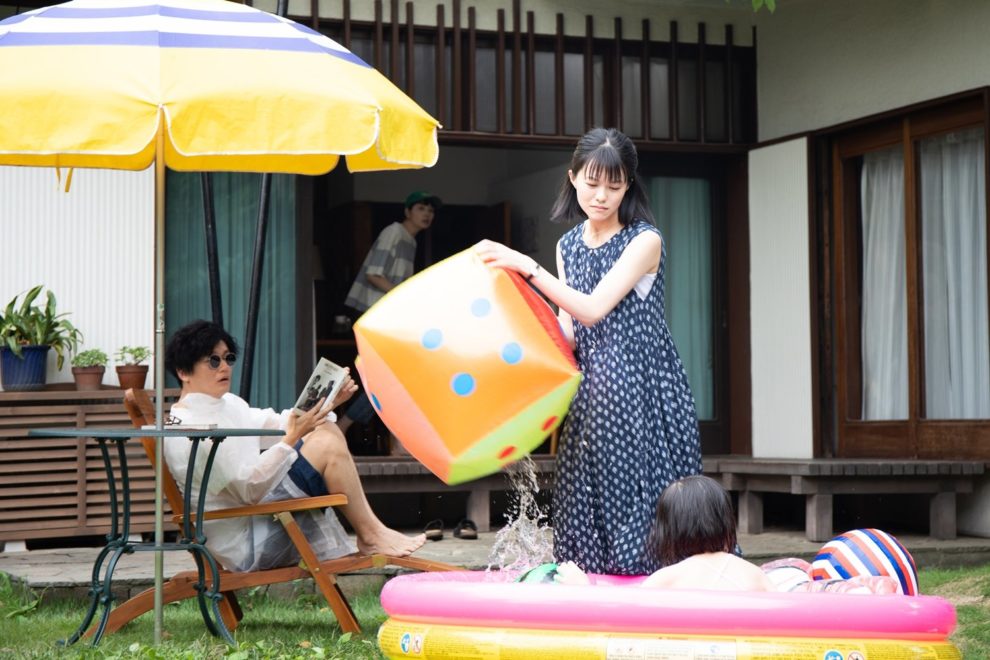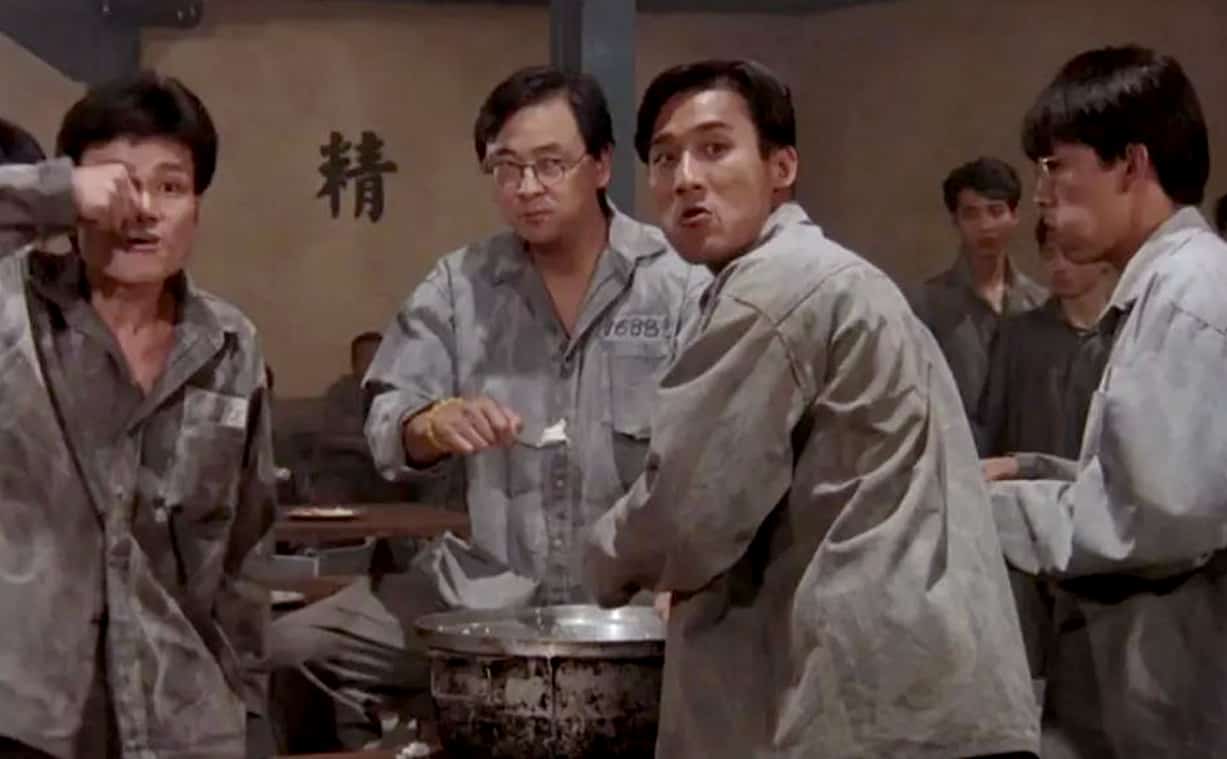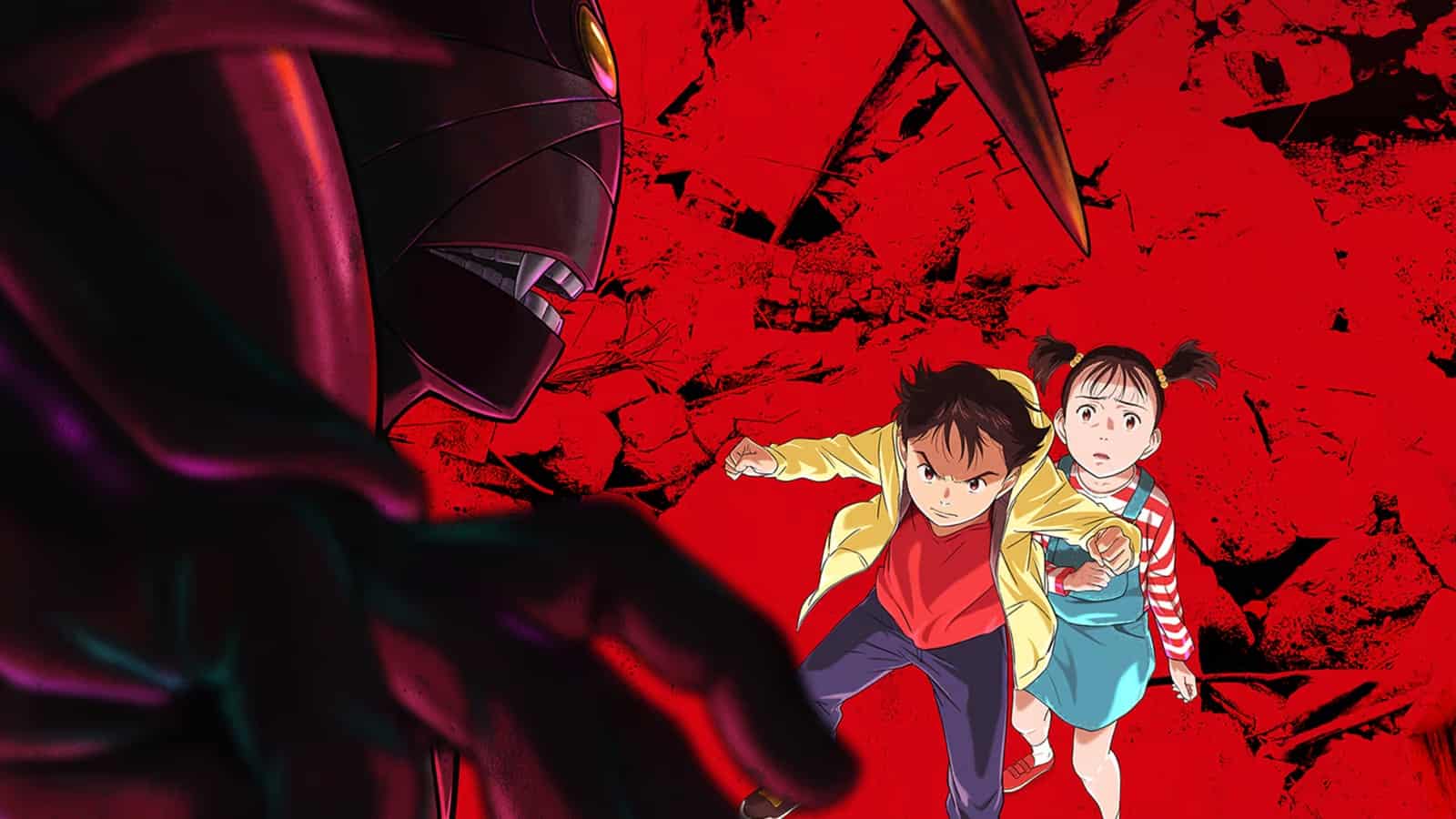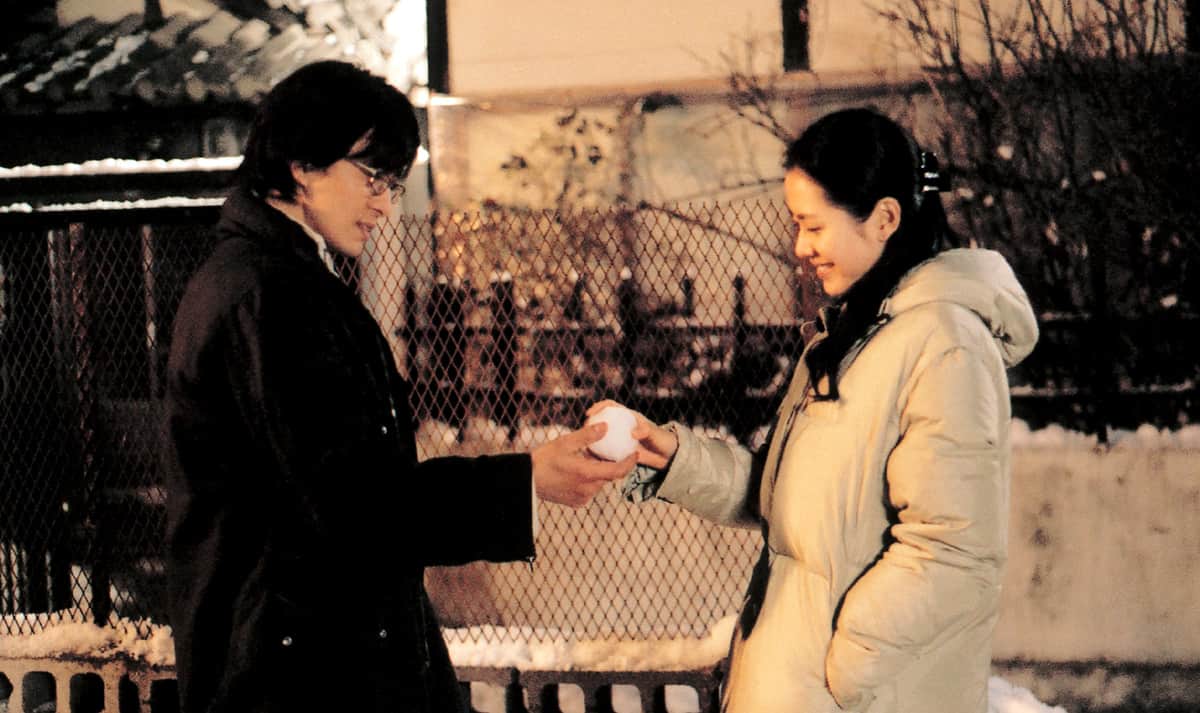Japanese coming-of-age movies tend to focus on tensions between family members and the pain of growing up, in order to generate drama, which, frequently, results in movies that are more entertaining than realistic. Rikiya Imaizumi, however, who has been making a splash the last few years with his prolific effort, chooses to implement a rather calm approach to present his comments about family and the concept of growing up.
“Skeleton Flowers” screened at Asian Pop-up Cinema

Yo is a high school student who has been living with her father, musical composer Nao, since her mother left them when she was still little. She aspires to be a painter, and her relationship with her father is rather harmonic, as much as the one she shares with her close friends and classmates. All that changes, however, when Nao informs her that he has decided to marry the woman she has been seeing, Yoshiko, a translator of English who also has a daughter of her own, young Hinako. Riku, a classmate and romantic interest, is suffering from a dysfunctional heart, which has forbidden him from following his dream of becoming a professional basketball player and left him lost about his future. Furthermore, he has to live with an overprotective grandmother, along with his mother, while his father is always traveling due to his work. The two youths come closer together as time passes, but another girl, more direct Saki, who faces familial issues of her own, also becomes part of the equation.
Implementing a relaxed, slow-burning and quite realistic approach here, Rikiya Imaizumi presents the story of two youths and the issues they face with their families, feelings and future, in a style though, that despite the many opportunities to do so, does not resort to intense moments of tension or drama, with very few exceptions. This tactic results in a highly realistic movie that also highlights the nature of Japanese people, who tend to avoid any kind of confrontation as much as possible. In that regard, there are no huge fights between Yo and the two new women that come to her life abruptly, while Riku does not erupt or leave his family when the pressure from his grandmother and the neglect he feels from his mother's inaction become rather intense.
Instead, Imaizumi tries to show that honesty, patience, calmness and discussion about any issues that arise, are a basic ingredient of any human relation, with all the protagonists exhibiting these traits to the highest degree.We see this element in the scenes that follow the few moments of tension, with the one between Yo and her father, and Riku and his mother, highlighting the fact in the most eloquent fashion, as their explanations eradicate any false notions about their actions their children might have. As such, and as the skeleton flower of the title is one that becomes transparent after it is watered, the same applies to all the protagonists, who become transparent when they open up and truly discuss with the people in their lives.
This approach benefits the context of the movie significantly, with the comments Imaizumi wanted to make being interesting as well as well-presented. At the same time, the almost complete lack of tension, which is intensified by the fact that the protagonists essentially whisper most of the time to each other, the rather slow pace, and the 115 minutes of the duration, make the film a bit hard to sit through after a fashion, as the low tempo becomes tiring after a point. Imaizumi adds some moments that aim at “remedying” this fact, with the presence of Saki and scenes like the one with the soundtrack presentation, but succeeds only partly.
On the other hand, the rest of the movie's aspects are on a very high level. Oji Suzuka as Riku and Sara Shida as Yo give rather measured and mature performances, despite their age, while Arata Iura as the latter's father embodies the movie's aesthetics to perfection. Higashi Iwanaga's cinematography captures the spaces the protagonists inhabit in a style that mirrors their psychology, with the bleak colors dominating but also getting a welcome relief by the rather beautiful forest scenes.
“Skeleton Flowers” is a well-directed, well-shot, and well-acted film, that needed, though. some more tension and a bit of trimming in its duration to get to the next level. Festival audiences, however, will probably have a blast with this.
















